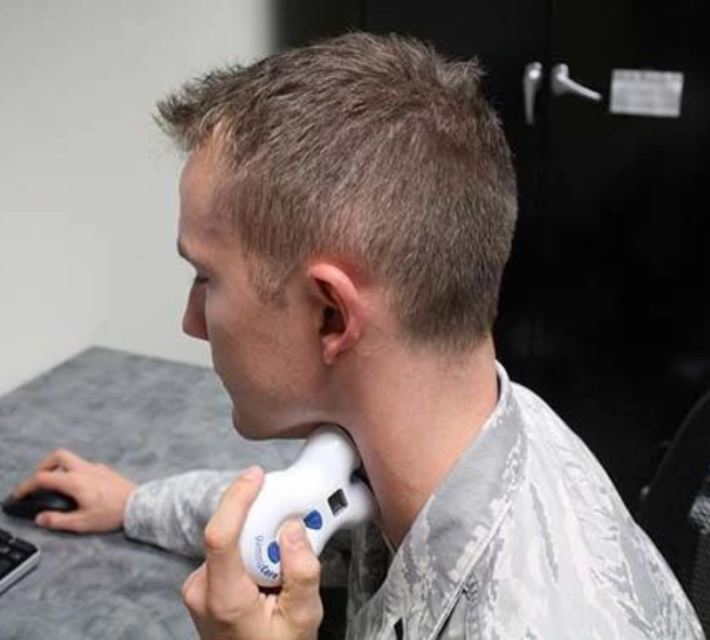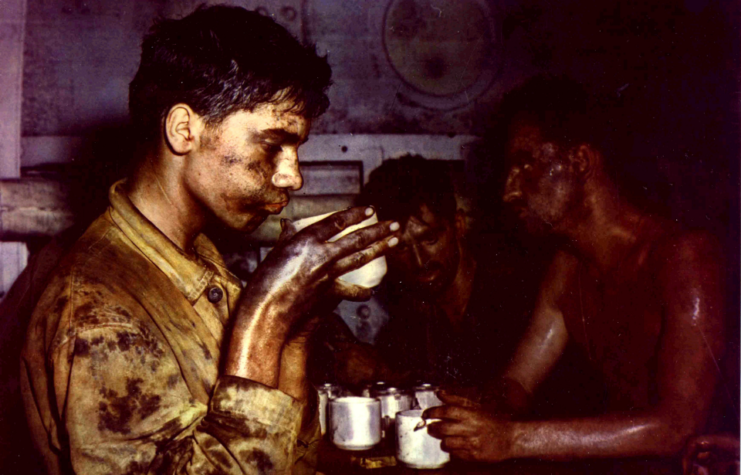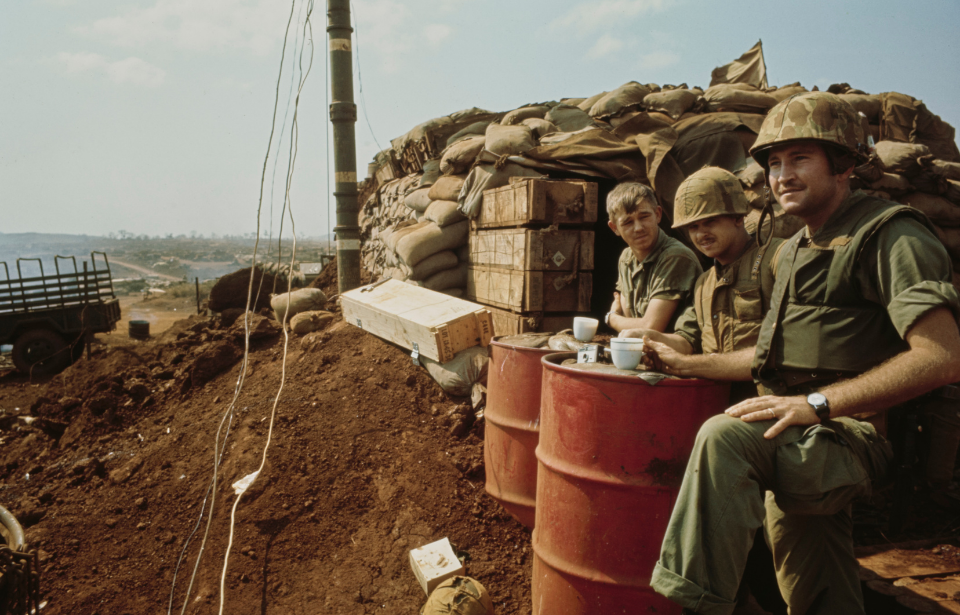Coffee: it helps the world go round. From gamers to truck drivers to mechanics to surgeons, this caffeine-rich drink gives us humans the quick boost in energy we need to get on with our day. The U.S. military also relies on this humble hot drink to keep its troops going, along with a few cans of energy drinks, but that might be changing.
It may not be long until you give this habit up though, as a NASA-funded study by the Air Force Research Lab has investigated whether caffeine drinks can be replaced with an electric shock to the brain.
The study used brain stimulation instead of coffee
The study was carried out on 40 active-duty military personnel from Wright-Patterson Air Force Base. The goal was to test and examine the effectiveness of Transcutaneous Cervical Vagus Nerve Stimulation in helping to treat powerful migraines and the impacts of sleeplessness.

How do you actually do this? One method looked at was a non-invasive electrical neuromodulation (the altering of a nerve’s activity via stimulation) device, which has been previously used to relieve depression and drug-resistant epilepsy. The study investigated the possibility of using this technique to reduce the military’s reliance on caffeine-based stimulants.
The study said, “Fatigue is a serious and unavoidable problem for many professions such as medicine, transportation, and the military.” It continues: “In general, it is a serious public health risk. Fatigue induced by sustained wakefulness can cause slower reaction times, a reduced ability to multitask, and increases in lapses of attention that can lead to costly, even deadly mistakes.”
Dealing with fatigue

Servicemembers have to deal with a lack of sleep on a consistent basis, more so than most other professions. Not only do members of the military often lack sleep, but in combat situations, they are also exposed to extreme levels of stress. The effects of these combined can significantly impair cognitive abilities at a time when decisions can mean life and death.
“We delivered cervical transcutaneous vagal nerve stimulation (ctVNS) via a handheld neurostimulation device originally approved to treat cluster headaches and migraines,” the study reads. “This device passes a noninvasive electrical current pulsed at 25 Hz through the skin to the nerve via two electrodes placed over the neck.”
The study concluded that the therapy was successfully able to “increase wakefulness, attention, and arousal and improve mood during periods of sleep-deprivation-induced stress.”
More from us: Pentagon’s UFO Report Lands With A Shrug, Sightings ‘Probably Lack A Single Explanation’
The therapy “only takes 6 min per stimulation dose,” which is faster than making a cup of joe, although probably not as fast as quickly chugging a can of Red Bull.
While a quick brain jolt to perk you up is still a long way from reaching troops, it is certainly plausible that maybe one day a hot coffee won’t be the go-to wake-up medicine.
